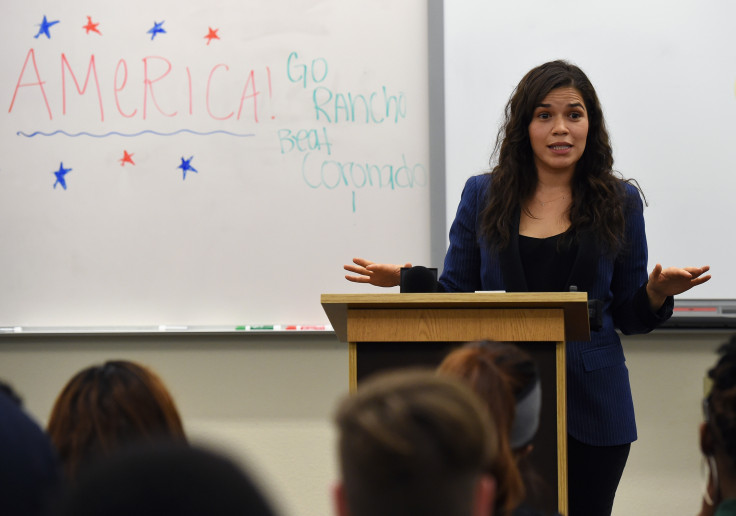
Despite their growing share of the electorate, young Latino voters are often overlooked by political campaigns. Experts argue this underinvestment could be a missed opportunity, especially in swing states like Arizona and Nevada, where Latino turnout could tip the balance in key elections.
The Untapped Power of the Latino Youth Vote
"Campaigns are not investing in young Latinos because they are the least likely to vote," said Dr. G. Cristina Mora, an associate professor of sociology at UC Berkeley during a roundtable webinar about minority voters. This lack of investment persists despite the fact that Latinos are one of the fastest-growing demographic groups in the U.S., with the potential to play a pivotal role in upcoming elections.
"Latinos make up 20% of the population and 15% of eligible voters," Mora said. Yet, many young Latinos face significant barriers, from registration to access to the polls. According to recent polling, while young Latinos express a strong desire to vote, systemic issues like long distances to polling stations and limited time off work are suppressing turnout, particularly in states like Texas, where voting policies often fail to accommodate working-class voters.
"The algorithms often overlook voters who are least likely to get to the polls," Mora explained, pointing out that traditional campaign strategies miss key communities. To address this, Mora recommends that campaigns focus on local outreach. Young Latinos are more likely to respond to influencers, social media, and personalized outreach through community organizations than traditional political advertising, Mora added.
Key Issues for Young Latino Voters
Contrary to common assumptions, young Latino voters are not single-issue voters. While immigration is important, it's not always their top priority. "It's almost always about jobs, bread-and-butter issues," Mora said. UnidosUS polling backs this up, with economic concerns, healthcare, and crime consistently ranking as the most pressing issues for young Latino voters.
However, young Latinas tend to prioritize issues such as immigration and abortion rights, especially in states where restrictive abortion laws are in place. Approximately half of Latinas live in states with limited abortion access, and these laws are increasingly driving young women to engage politically.
"Latinas are largely affected by abortion restriction laws," Mora said, emphasizing how these issues are propelling young female voters to the polls.
The Role of Grassroots Coalitions
Mora and other minority vote experts in the roundtable agreed that grassroots coalitions hold the key to mobilizing young Latino voters. "It was the grassroots coalitions, the local-level conversations, that turned Arizona blue in 2020," Mora said. Local outreach, often conducted through community leaders, churches, and civic organizations, proved essential in reaching Latino voters.
"That was the result of 10 long hard years of grassroot organizing," Mora said. "The conversations were happening outside of churches, panaderias, the places that campaigns sometimes overlook. It was these groups on the ground who led Arizona from Joe Arpio and 'show me your papers' laws to the highest number of Latinos voting that helped Biden win the state."
Young Latinos could be the difference-makers in swing states if campaigns and grassroots organizations work together to reach them and overcome the barriers keeping them from the polls. As Mora concluded, "This could represent either a challenge or an opportunity"—and with the right strategies, the Latino youth vote could transform the 2024 election.
© 2024 Latin Times. All rights reserved. Do not reproduce without permission.










